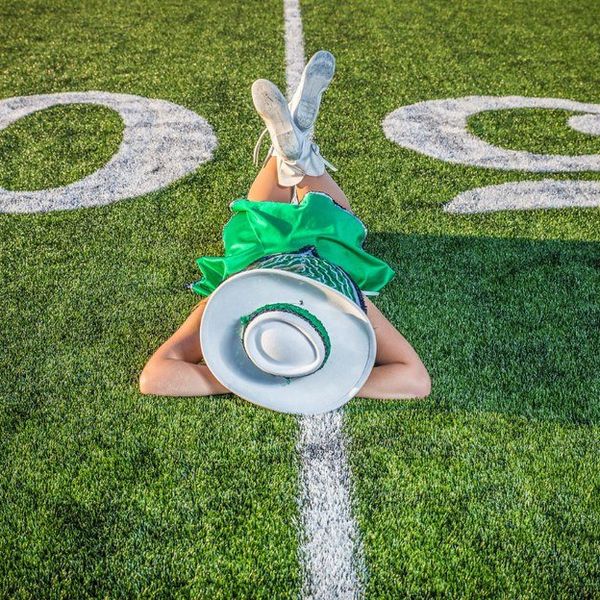The past few months, I have gone on a lot of interviews for veterinary school. Over the process, I have developed a list of recommendations that I have for everyone going on an interview, whether it be for a job, continuing education, or even an officer position in a club.
1. Find out the style of the interview
When most people think of an interview, they picture sitting across a desk from one other person and basically being interrogated. However, interview styles are quickly diversifying. For example, in addition to the "traditional" interview, you can also have a panel interview or an MMI (multiple mini interview). Preparing for the correct style of interview will give you a greater chance at success.
2. Try on your interview outfit ahead of time
Obviously, a suit is not as comfortable as sweatpants or pajamas. Despite that, you want to be as comfortable as possible during your interview. Try on your entire interview outfit (yes, even the shoes) to make sure that you will be able to survive comfortably for X-number of hours.
3. Schedule a mock interview (or two or three or four or seven)
If you are like past me, you may think that mock interviews sound super awkward. While they may be a little awkward at first, they are so, so valuable. Mock interviews are like exposure therapy — you become more "numb" to the interview feeling to calm the butterflies a bit for when you have a real interview. Make sure to treat the mock interview like a real interview because that is how you will more likely act during your actual interview.
4. Do not memorize answers
It is so tempting to memorize answers for every potential question and to just recite them off when asked. I mean, it eliminates awkward silences, right? However, having totally memorized answers will just have you sounding like a robot. You should definitely prepare some points that you would like to discuss, but do not memorize a script as if you are auditioning for a movie role. More casual is key.
5. Research where you are interviewing
Whether you are interviewing for a job or for continuing education, put in some time and research prior to your interview. You want to make sure to tie in why that company or school would be a good fit for you and why you would be a good fit for that company or school. Additionally, at the end of an interview, your interviewer is going to ask if you have any questions for them. You need to always have questions for them — always! Come up with a list of at least four questions for them.
6. Eat before your interview
I do not care if you are not a "breakfast person." Eat something. You do not want your stomach growling during your interview and you do not want to start feeling tingly or faint. Food is fuel, use it.
7. Body language is key.
Yes, there is a correct way to sit. Have good posture. Do not rest your elbows on the table. Keep your feet flat on the floor or, if you want to cross, cross only at the ankles. Maintain good eye contact (nothing is more off-putting than talking to someone who is staring at their feet or off into the great unknown).
8. Have a personality, duhh
When it comes to interviews, most people tend to become very rigid. Do not do that. It is OK to laugh and to make little jokes and to talk with your normal style (in a professional manner, of course). How are they supposed to love you if you are just like everyone else?
9. Practice your handshake
There is an ideal amount of firmness. Do not break their hand, but also do not be like a dead fish.
10. Send a follow-up note
Within the next two to four days, send a thank you note. You get bonus points if it is a handwritten note because they are just more personal. However, email is also totally fine and greatly appreciated. Make sure to tie something in from your conversation into the note, to bring their memory back to you and your conversation.



















